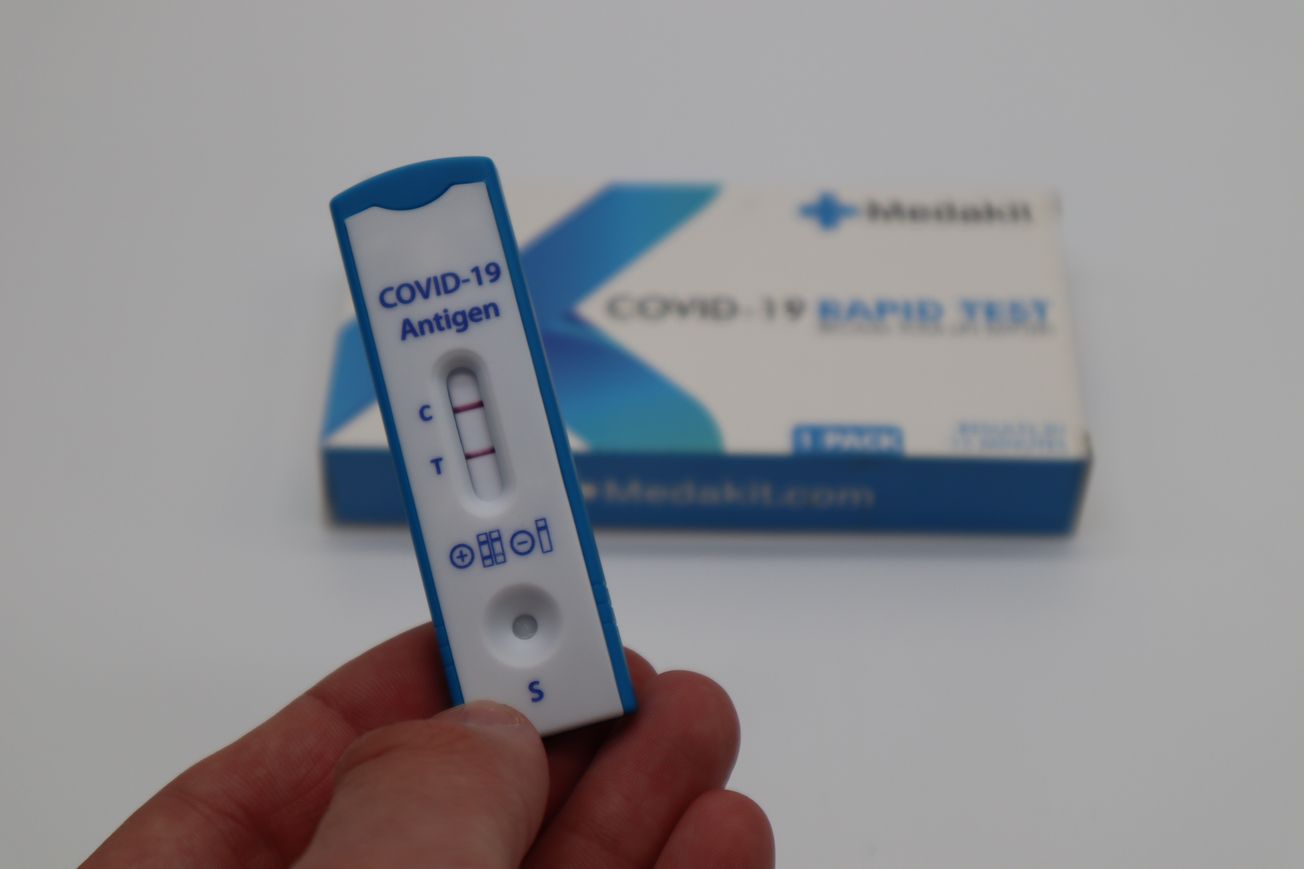by Delhi Kalwan, SciTech Deputy Editor
Recent findings suggest that the rapid COVID test accuracy may be lower than previously thought.
The AbC -19TM Rapid Test works by analysing a drop of blood from a finger-prick and determining the likelihood that the person may have previously been infected with SARS-CoV-2. As the name suggests, it is fast, producing a result in as little as 20 minutes.
An earlier study (yet to be peer reviewed) had suggested that the test gives no false positives. However, new research conducted by scientists from Public Health England and the Universities of Bristol, Cambridge and Warwick told a different story.
One of the key findings of the study estimated that if ten per cent of people tested had previously been infected, then one in five positive test results could be incorrect (known as a false positive result).
The study was commissioned by the Department of Health and Social Care and published in the British Medical Journal.
Our new paper, published in @bmj_latest evaluating the accuracy of the UK-RTC's "AbC-19 Rapid Test" for detection of previous SARS-CoV-2 infection: https://t.co/RGUVW2ypv8
— Hayley Jones (@DrHayleyJones) November 12, 2020
Lots of helpful comments from experts, collated by the brilliant @SMC_London here: https://t.co/exUbIaWv5Y
Results are published from Bristol-based COVID-19 antibody testing
The University of Bristol’s ‘Children of the 90s’ health study tested almost 5000 individuals for the presence of COVID-19 antibodies. They reported that 4.3 per cent of participants gave a positive result and about a quarter of these were asymptomatic.
The initial findings of our #COVID19 #antibody testing study are here. 206 reported a positive result for antibodies, of which a quarter did not previously know you had had coronavirus. Full story here: https://t.co/sNSgQfWmfw pic.twitter.com/WwaqGlUoV1
— Children of the 90s (@CO90s) November 10, 2020
Furthermore, almost twice as many young people reported having COVID-19 compared to those of their parent’s generation- with 5.9 per cent of young people and 3.1 per cent of their parents age reporting a positive antibody response. Although positive results do not indicate that a person has immunity toward the virus, the results do help researchers learn more about who is affected and possible immune responses.
Bristol fourth highest for COVID-19 cases amongst UK universities
Oxford COVID-19 vaccine effectiveness validated by Bristol researchers
The purpose of the study, as described by Professor Nic Timpson (Children of the 90s’ Principal investigator) was to ‘understand how many people in our study have had a COVID-19 infection, especially those who had an infection without even knowing it or with only mild symptoms.’. Following on from this, 300 of the participants have been invited to take part in a year-long study investigating the after effects of the virus and ‘long-COVID’.
Featured image: Unsplash / Medakit Ltd
What are your thoughts on these recent findings?








